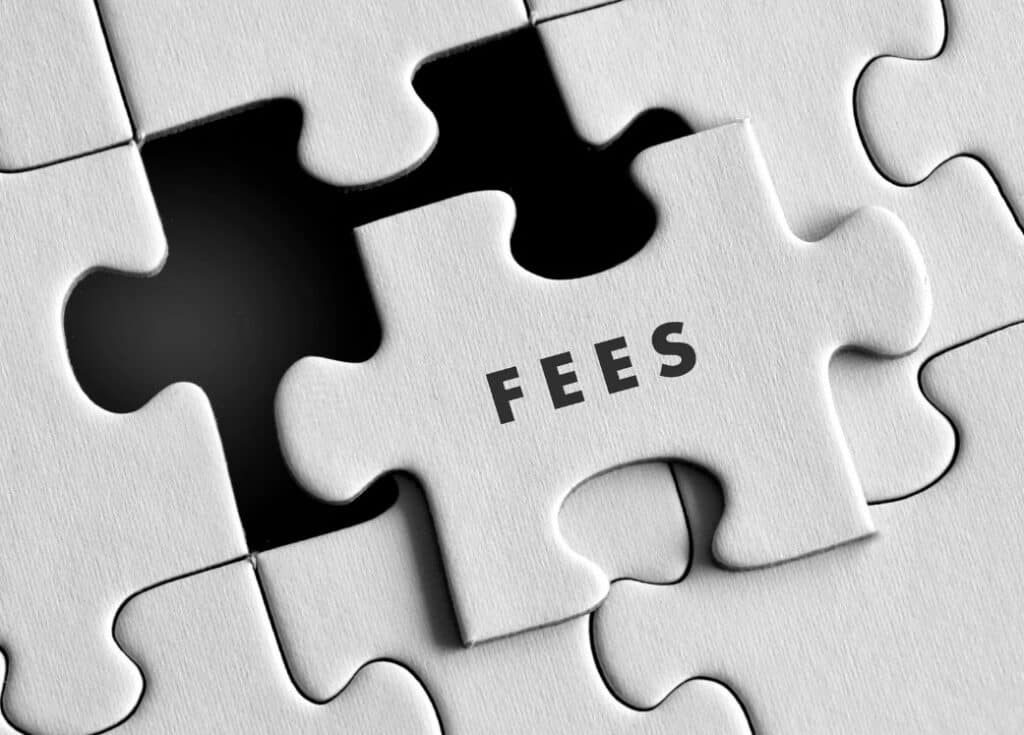This post focuses on navigating fee arrangements with attorneys and aims to provide you with your options so you can make an informed decision based on your situation.
Vehicle accidents aren’t only frightening; they can also be expensive. Suddenly, you’re facing mounting medical costs, and don’t forget about property repair bills.
Table of Contents
Adding to your financial woes is the possibility of missing income, as your injuries may be preventing you from returning to work. You want to pursue compensation but how much is it going to cost?
By now chances are, you probably can’t handle another added expense. Understanding fee arrangements for accident attorneys can make deciding if pursuing compensation is worth the cost easier. After all, you don’t want your attorney fees to be more than your potential settlement.

Navigating Fee Arrangements – Fee Structures for Accident Attorneys
Accident attorneys can fall back on several fee structures and some you may be familiar with. Personal injury lawyers can charge clients an hourly rate or a flat fee. With an hourly rate, you may set a fee for every hour your attorney works on your case.
Since personal injury claims tend to be complex, an accident lawyer can log several hours a day for weeks or even months. A flat fee is usually an upfront charge you pay an attorney when they accept your case.
You may be able to divide the flat fee into payments, but you still need to come up with funds for an upfront payment. Flat fees can also be hefty even if your accident claim is pretty cut and dry, which leaves another fee structure available to accident attorneys.
Personal injury lawyers can charge their clients a contingency fee. So, what are contingency fees and how does the payment structure work?

Understanding a Contingency Fee Agreement
Contingency fees are a payment structure that allows an attorney to work on a personal injury claim with the promise of being paid if the case is successfully settled. That’s right. With contingency fees, you’re not shelling out money to your attorney upfront or even midway through the claim process.
Instead, you agree to pay your accident attorney a preset percentage of your settlement award. How much of your settlement check goes to your attorney depends on the agreement.
However, most accident attorneys charge anywhere from 25% to 40% in contingency fees. More complex accident cases tend to have a higher contingency fee rate.
So, summing up contingency fees, which is a payment structure that allows you to hire an attorney without paying anything upfront. If your claim is successful, you owe your attorney an agreed-upon percentage of your settlement.
Types of Contingency Fee Agreements
Some contingency fee agreements are simple contracts. The agreement lists the percentage of your insurance settlement owed to your attorney. The agreement also includes any potential additional costs not covered by contingency fees.
These extra costs can be anything from fees associated with getting copies of your accident report to court filing costs. However, this isn’t the only type of contingency fee agreement.
Sliding Scale Contingency Fees
You and your attorney can choose to go with one of two versions of a sliding scale contingency fee agreement.
One type of agreement gradually increases the contingency fee rate as your accident claim moves through the process. For example, your attorney may only take 25% of your settlement if your claim is settled in negotiations. If your claim turns into a lawsuit, your contingency fee rate increases.
The other type of sliding scale agreement is based on your potential settlement amount. So, your lawyer may agree to a 25% contingency fee on a $20,000 settlement and gradually increase the percentage for every $30,000 the insurance company pays out.
Before you start worrying that the sliding scale can end up taking most of your settlement, the contingency fee agreement does set limits. Your limit may be 40% regardless of when the claim is settled or the final amount.
Hourly Contingency Fees
This type of contingency fee payment structure isn’t common but it’s an option. In this agreement, you’re paying your accident attorney an hourly rate just not until your claim is settled. Throughout the legal process, your attorney keeps track of their billable hours. These are the hours they spend working solely on your accident claim.
After settling your claim, your attorney deducts their fees. If you have a relatively simple accident claim, this payment structure may be less expensive than a typical contingency fee agreement. Instead of paying your accident attorney 30% or so of your settlement, you may only owe a few hundred dollars for a couple of hours of work.
Mixed Hourly Contingency Fees
Okay, even the name sounds a little confusing. However, the premise is fairly simple. In this type of attorney payment agreement, you have both an upfront and end-of-case fee. You pay your attorney a portion of their fee upfront.
Think of this payment as a retainer and something to get the attorney motivated to start working on your claim. When your claim is successfully settled, you owe your accident attorney the remaining balance.

What Happens If Your Accident Claim Is Unsuccessful?
Not all accident claims are successfully settled, even when the case is tried in civil court. Remember, filing a lawsuit doesn’t automatically mean you’re going to receive compensation for your injuries and other damages.
Sometimes, the insurance companies win their cases and this means you’re not receiving a settlement check. So, do you still owe your attorney if your claim isn’t successful?
The answer depends on your contingency fee agreement. Typically, you don’t owe your attorney for their time and effort if you don’t win your personal injury claim.
If you’re working off of a mixed hourly contingency fee agreement, you don’t owe the attorney for the additional time. However, you may not get a refund for your upfront payment. Whether or not you receive a refund depends on the terms of your contingency fee agreement.
Accident Attorneys Can Be Affordable
Hiring an attorney is usually expensive but this doesn’t always apply to accident victims. Using a contingency fee agreement, you may find pursuing compensation for your damages isn’t expensive.
However, before you sign a contingency fee agreement make sure it covers everything, including any extra costs that may not be covered by the contract.



